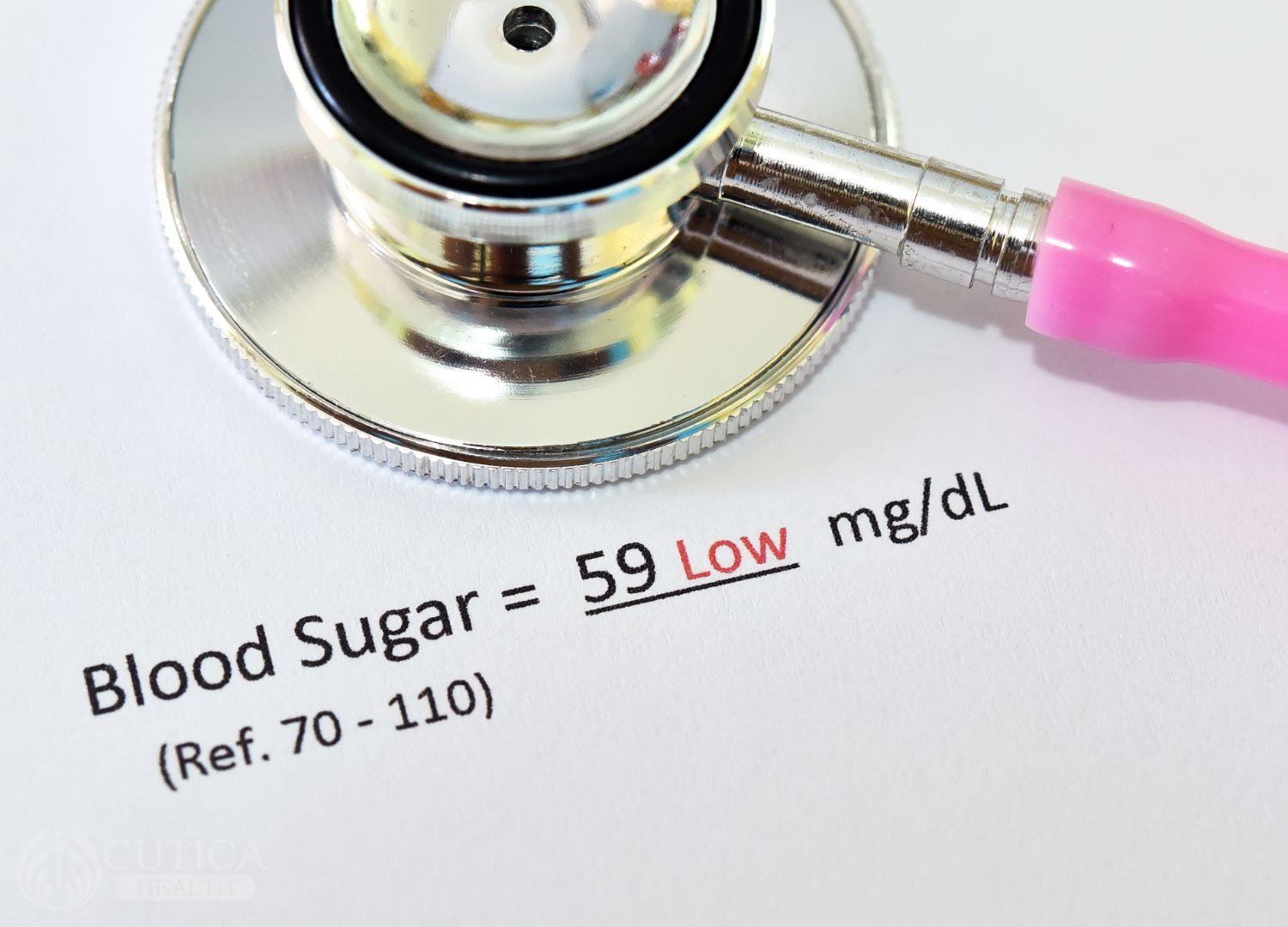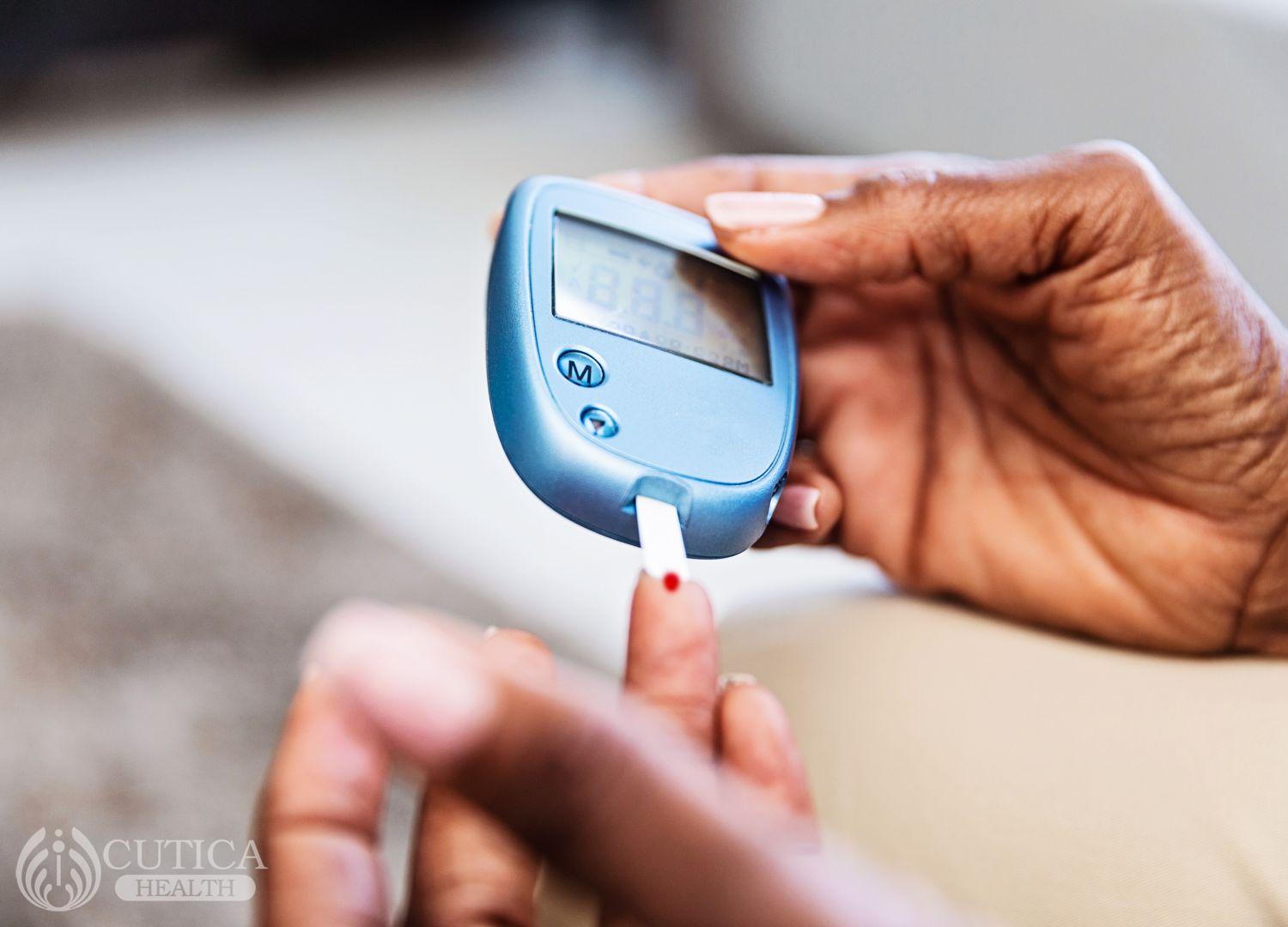Sarah is a 32-year-old woman diagnosed with type 1 diabetes when she was 10. She has always been diligent about checking her blood sugar levels and taking her insulin injections, but one day, she suddenly felt dizzy and confused. Sarah could barely walk, and her vision was blurry. She knew something was wrong and quickly checked her blood sugar level, which was only 40 milligrams per deciliters – mg/dL – (an average blood sugar level is between 70-130 mg/dL). Sarah realized she was experiencing hypoglycemia and quickly ate a piece of fruit to raise her blood sugar level. She felt better within minutes, but the experience shook her.
What is hypoglycemia?
Hypoglycemia is a condition that occurs when a person's blood sugar level drops too low. This can happen to anyone, but it is more common in people with diabetes. Hypoglycemia can lead to confusion, unconsciousness, and even death if left untreated. In this article, we will discuss the causes and treatments for hypoglycemia.
Causes of hypoglycemia
There are several causes of hypoglycemia, including:
Taking too much insulin: People with diabetes who take insulin injections can experience hypoglycemia if they take too much insulin. This can happen if they forget they have already taken their insulin or accidentally take more than they should.
Skipping a meal: If a person with diabetes skips meals or does not eat enough, their blood sugar level can drop too low.
Doing more physical activity than usual: People with diabetes who exercise more than usual can also experience hypoglycemia because physical activity can lower their blood sugar levels.
Drinking excessive alcohol: Alcohol can interfere with the liver's ability to release glucose into the bloodstream, leading to hypoglycemia.

Symptoms of hypoglycemia
The symptoms of hypoglycemia vary from person to person, but some common symptoms include the following:
Dizziness
Confusion
Sweating
Shakiness
Hunger
Blurry vision
Rapid heartbeat
Treatments for hypoglycemia
If you are experiencing symptoms of low blood sugar, it is crucial to treat it quickly to prevent it from getting worse. Some treatments for hypoglycemia include:
Eating or drinking something sugary can quickly raise your blood sugar level. Some examples of sugary foods and drinks include fruit juice, candy, and a glass of milk.
Having a meal or snack: If you are not in a rush, it can help raise your blood sugar level more slowly and keep it from dropping too low again.
Checking your blood sugar level regularly: Checking your blood sugar level can help you detect hypoglycemia before it becomes severe.
Adjusting doses of your insulin or other diabetes medications: If you have diabetes and experience hypoglycemia frequently, you may need to adjust your insulin or other diabetes medications doses to prevent it from happening again.
Preventing hypoglycemia
To prevent hypoglycemia, it is essential to:
Check your blood sugar level regularly: Checking it can help you detect hypoglycemia before it becomes severe.
Follow a balanced diet: Eating a balanced diet that includes a variety of foods can help keep your blood sugar level stable.
Exercise regularly: Exercise can help regulate your blood sugar level, but if you are prone to hypoglycemia, it is essential to check your blood sugar level before, during, and after physical activity.
Avoid skipping meals: Skipping meals or not eating enough can cause your blood sugar level to drop too low.
Adjust doses of your insulin or other diabetes medications: If you have diabetes and experience hypoglycemia frequently, you may need to adjust your insulin or other diabetes medications doses to prevent it from happening again. You should only explore this option under the guidance of a healthcare professional.
Limit alcohol intake: It is vital to limit your alcohol intake or avoid it altogether if you have diabetes.
Carry emergency supplies: It is always a good idea to carry emergency supplies with you, such as a sugary snack or fruit juice, in case you experience hypoglycemia while you are away from home.

Conclusion
Hypoglycemia is the condition in which a person's blood sugar level drops too low. It is essential to recognize the symptoms of hypoglycemia and treat it quickly to prevent it from getting worse. If you experience these symptoms frequently, adjusting your insulin doses or changing your diet and exercise routine may be necessary. You should speak with a healthcare professional if you have any concerns about hypoglycemia.
